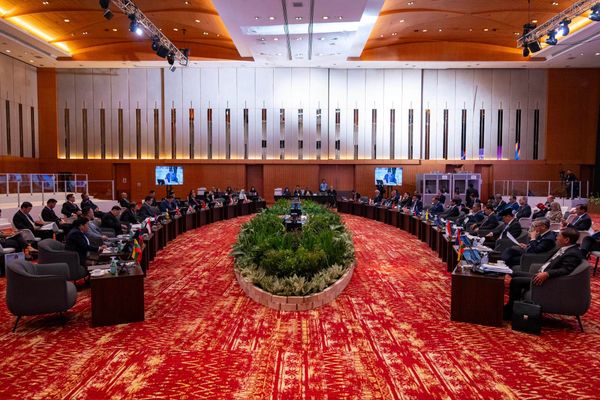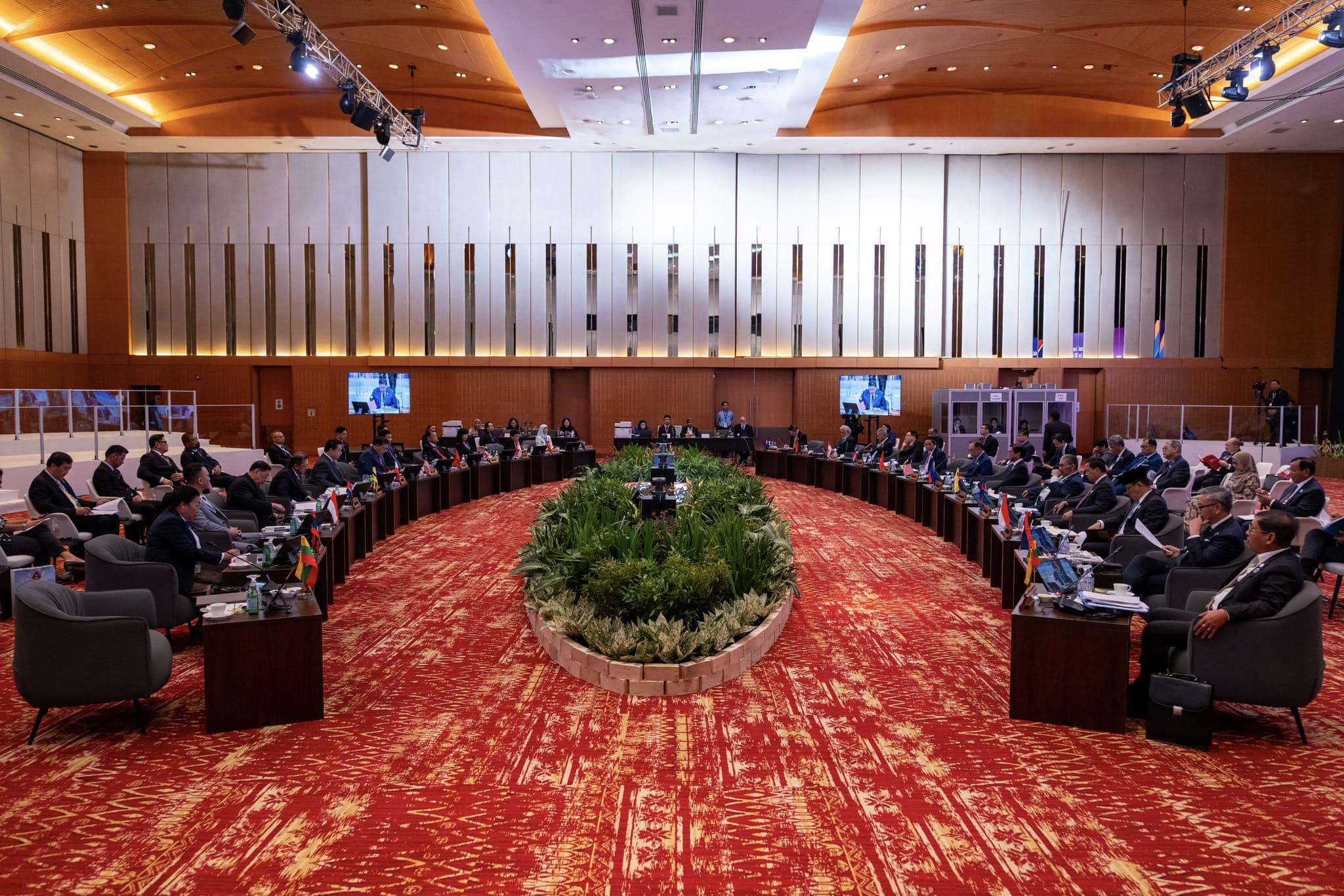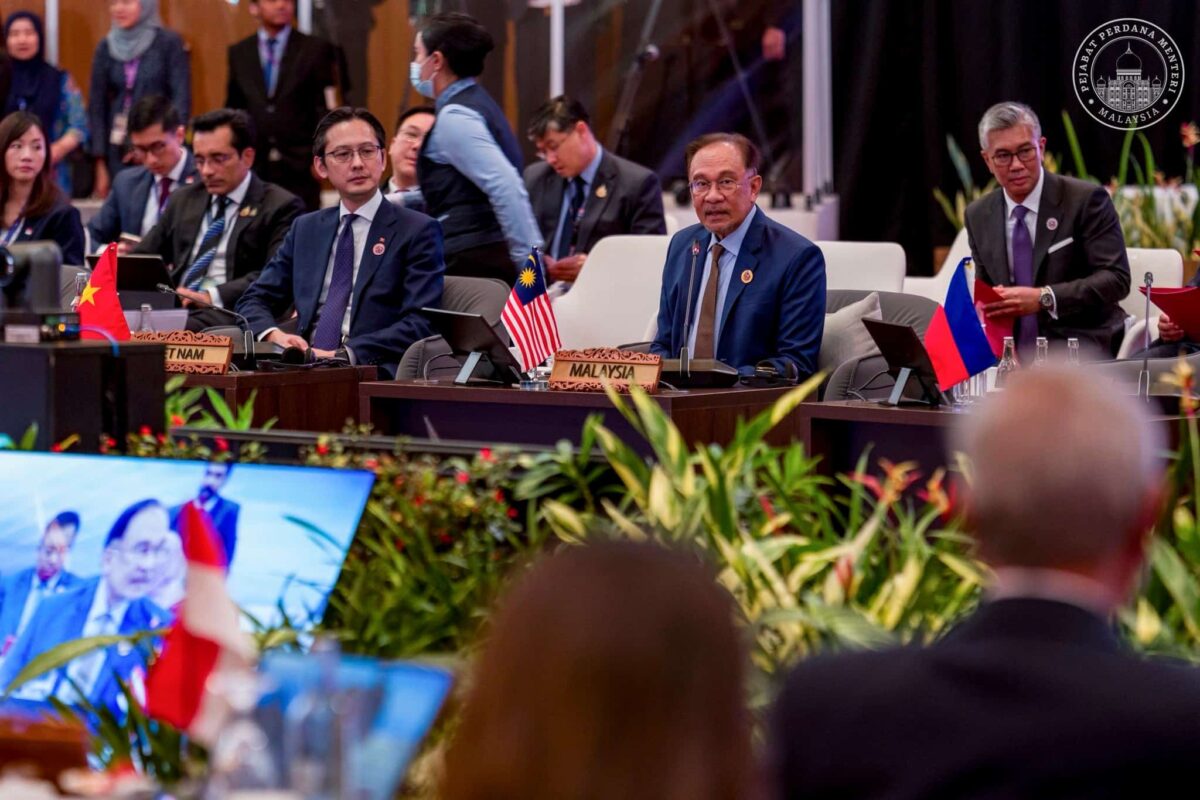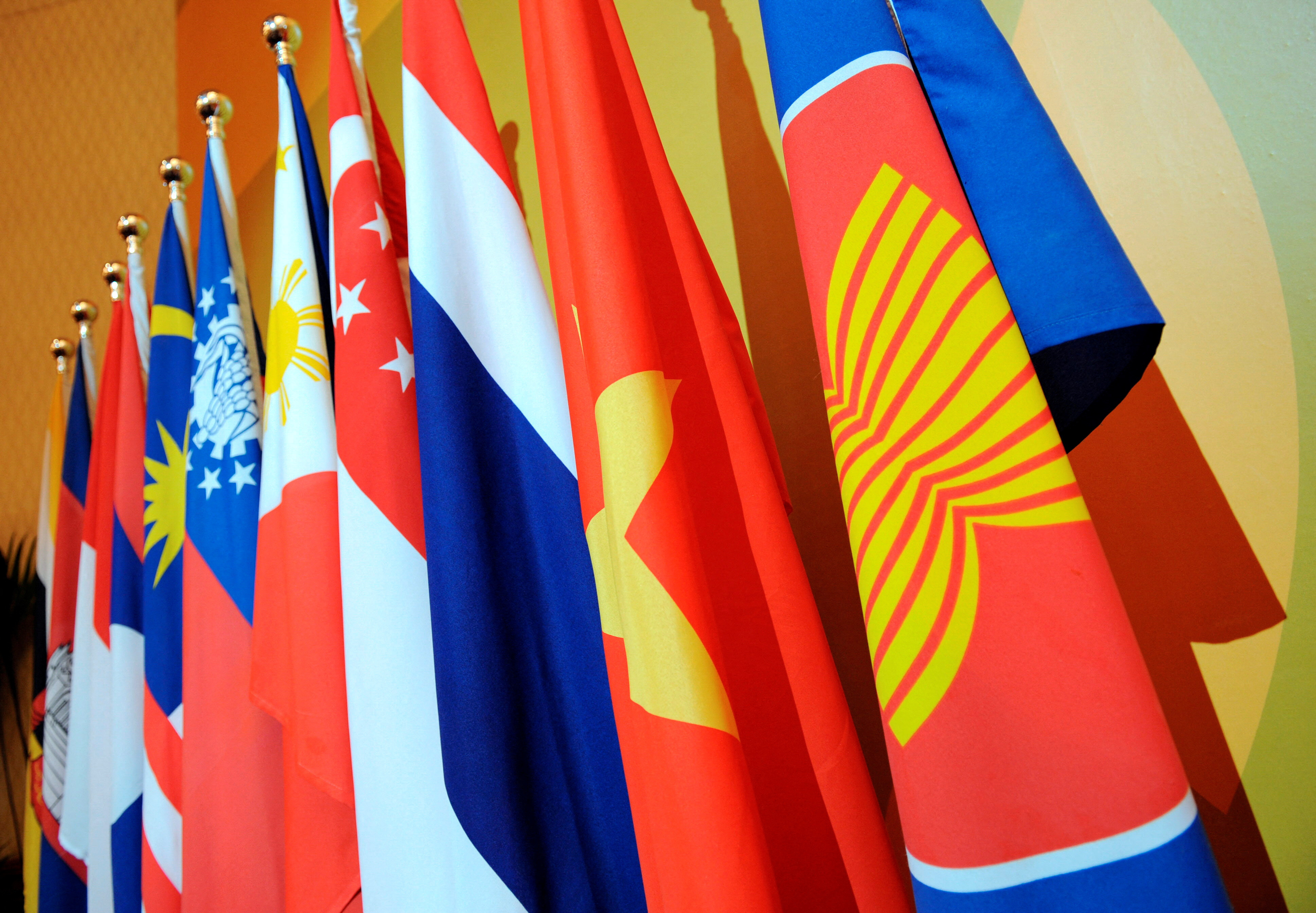KUALA LUMPUR, Sept 5 — Since its founding in 1967, the Association of Southeast Asian Nations (Asean) has cultivated a reputation for trust and dialogue that has made the region synonymous with peace, stability and dynamism, said Datuk Seri Anwar Ibrahim.
The Prime Minister said the achievements of the 10 member states — soon to be 11 with Timor-Leste’s expected admission later this year — are rooted in a culture of consensus, open communication and solidarity.
“This tradition of cooperation has enabled Asean to manage tensions, prevent conflict, and nurture prosperity across one of the world’s most diverse regions,” he said in a commentary published on the world opinion page Project Syndicate.
Anwar noted that Asean's spirit of solidarity was recently put to the test when Malaysia, as the current chair, convened the leaders of Cambodia and Thailand following violent clashes along their border.
“Through careful listening, principled mediation, and the constructive involvement of both the United States and China, the parties secured an immediate ceasefire. The episode reaffirmed not only the enduring value of dialogue and mutual respect but also the confidence that Asean's citizens place in the association as a custodian of peace and stability,” he said.
Anwar added that with great-power rivalries escalating, geoeconomic competition intensifying, and confidence in multilateralism eroding, Asean is facing a changed world.
“In such an environment, Asean's centrality is not merely a diplomatic aspiration — it is an existential necessity.
“Established amid the turbulence of the Cold War, Asean has long stood for peace, neutrality, and stability. The 46th Asean Summit, held in Kuala Lumpur in May, reaffirmed that mission while marking a historic milestone: the unanimous decision to welcome Timor-Leste as our eleventh member, deepening Asean's commitment to inclusivity and unity,” he said.
Anwar stressed the need to preserve Asean's autonomy — the ability to speak with one voice rather than being spoken for — which requires constant vigilance.
“It demands that we hold fast to the values of patience and steady diplomacy that have long underpinned the regional order,” he said.
With a population of 660 million, Asean is one of the world’s most dynamic markets. However, to realise its full potential, the region must close development gaps and build stronger, more equitable linkages among member states.
The upcoming 47th Asean Summit this October will push efforts to dismantle tariff and non-tariff barriers, while renewing the region’s commitment to inclusive and sustainable trade.
“As protectionism rises and tariff wars threaten global growth, Asean must chart a different path and build resilience through openness and reform.
“The Regional Comprehensive Economic Partnership (RCEP), the largest trade agreement in history, anchors our regional economic architecture. Its effective implementation is vital to ensuring tangible opportunities for our people and sustained prosperity for our economies,” Anwar said.
At the same time, Asean must expand its global partnerships through landmark initiatives like the Asean-Gulf Cooperation Council (GCC)-China Summit, and ongoing efforts to modernise trade agreements with China, India and South Korea.
“With the digital economy set to drive Asean's next phase of growth, concluding the Asean Digital Economy Framework has become an urgent priority, particularly amid intensifying competition for leadership in artificial intelligence and other transformative technologies,” he said.
These initiatives — spanning trade, technology, and connectivity — serve a single overriding purpose: safeguard Asean's autonomy in an era of uncertainty.
“At our May summit, Asean leaders warned against unilateral trade measures, retaliatory tariffs, and growing fragmentation. Our response to these global threats must be a renewed commitment to openness, reform, and a rules-based trading system,” said Anwar.
The Prime Minister also warned that while openness fosters resilience, fragmentation raises costs, deters investment and heightens exposure to shocks like currency volatility, capital flight, and supply chain disruptions.
“While globalisation has its flaws, it has also created interdependence through shared interests, curbing reckless unilateralism,” he said.
On climate change, Anwar said that embedding sustainability in Asean's economic agenda is urgent.
“The acceleration of the Asean Power Grid exemplifies our determination to invest in clean energy, generate green jobs, and achieve long-term energy security. Business as usual is no longer an option; bold action today is the price of a just and sustainable tomorrow,” he said.
In a world of unpredictability, Asean's fate is shared, urging stronger cohesion through revitalising geostrategic frameworks like the Zone of Peace, Freedom, and Neutrality (ZOPFAN) and reinforcing Asean-led platforms like the East Asia Summit and Asean Regional Forum.
“These platforms remain indispensable for dialogue, trust-building, and preventive diplomacy,” Anwar said.
The Asean-GCC Summit and new trilateral initiative with GCC and China align Southeast Asia’s needs with Gulf capitals and China’s reach. He said the Asean Geoeconomics Task Force will boost collective response to volatility and uncertainty.
Concluding his remarks, Anwar said while Asean cannot dictate the course of global events, it must not surrender to passivity either.
“We can, and we must, shape our own future with courage, foresight, and solidarity. By staying true to its founding values while adapting to new realities, Asean can remain a beacon of peace, prosperity, and progress for generations to come,” he said.






